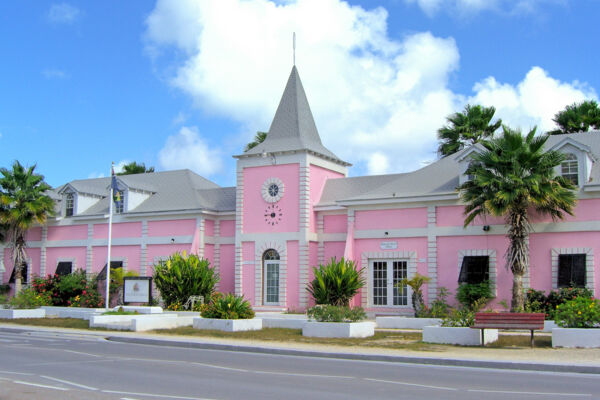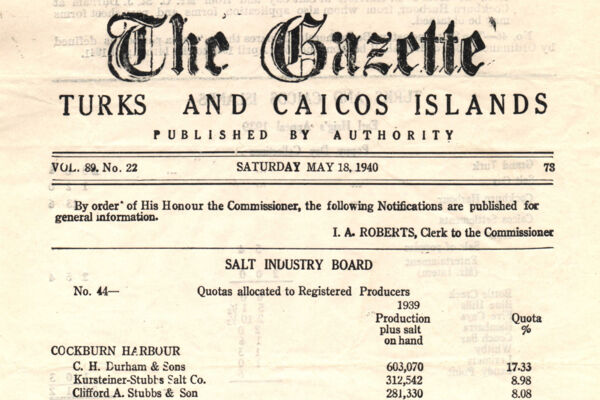Turks and Caicos Courts & Law
Legal System
The Turks and Caicos Islands is a British Overseas Territory and our legal system is based on English common law. Bahamian and Jamaican law influences are found in the local legislation. Unlike the United Kingdom, the Turks and Caicos has a written constitution.
Lawyers must be admitted to the local bar in order to practice in the islands.
Court System
Magistrates’ Courts are located on Providenciales and Grand Turk. Appeals from Magistrates’ Courts are sent to the Supreme Court (with sittings on both Grand Turk and Providenciales). The Supreme Court exercises a jurisdiction similar to the High Court in England, in which a single judge presides. Cases which are beyond the Magistrate’s Court jurisdiction, such as serious criminal cases and higher civil cases, have first instance in the Supreme Court.
Appeals from the Supreme Court are heard in the Court of Appeal, which is held twice a year. Final appeals are heard in the Privy Council (in the United Kingdom).
Laws and Ordinances
To access the full laws of the Turks and Caicos, you must purchase a copy from the Government, which is $500. Most—but not all—laws are also available online after a delay. Individual copies of laws are $75 (depending on length, some ordinances cost more).
Some copies of the laws are available at local libraries, but these are usually out-of-date and of little value for research.
Regulations
Whereas ‘ordinances' are generally debated in the House of Assembly and more ‘public', regulations, which in some cases form key parts of how laws are interpreted, are often not. Regulations are typically made by the Governor or a Minister, and often take effect immediately upon publication in the Government Gazette.
Revised Laws
Every several years, the Attorney General consolidates and republishes the laws ‘as at', for example, the Revised Laws 2018.
However, it should be noted that these quickly fall out of date due to changes in regulations, outright amendments to the laws, and the fact that some laws are specifically excluded from the revised laws.
The Gazette
The Government Gazette is the official journal (or newspaper) of the Turks and Caicos Government, and is where all laws and legal notices are published.
The Gazette is not public, and available by subscription only, at a cost of $200 per year (for example, if you’d like to view the last 3 years of the Gazette, it would cost $600).
It’s recommended that local residents of the Turks and Caicos subscribe to the Gazette, as it is typically the only source of information or notice about important matters happening in the islands.
International Treaties
As the Turks and Caicos is not a sovereign country, the United Kingdom has either signed treaties on its behalf, or extended treaties to include the Turks and Caicos.
European Union
When the United Kingdom was a member of the United Kingdom, this did not extend to the Turks and Caicos (unlike how Gibraltar nationals were Union citizens as well).
European Convention on Human Rights
The European Convention on Human Rights (ECHR) applies to the Turks and Caicos Islands.


